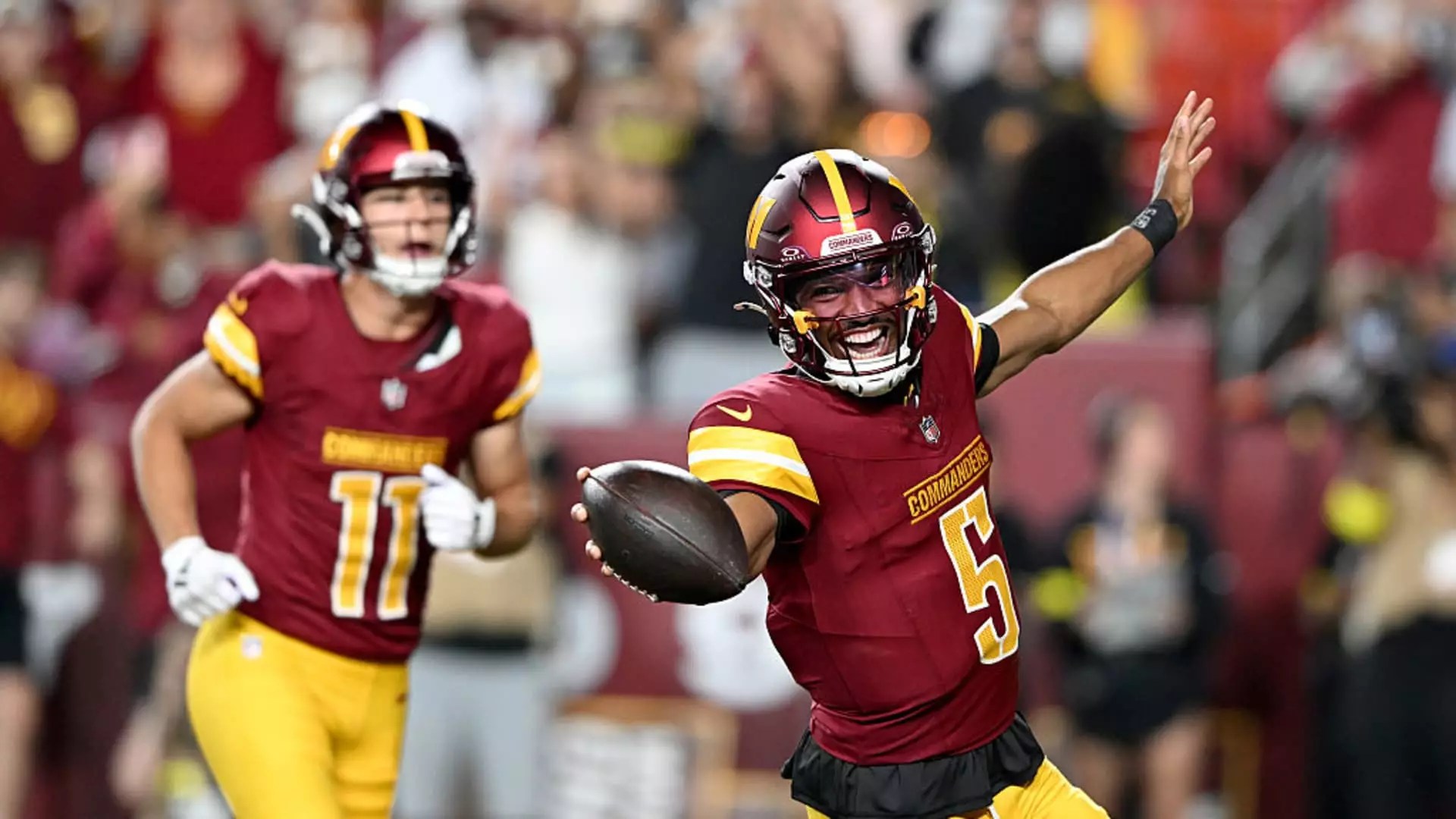Robinhood’s latest venture into prediction markets for professional and college football represents more than just an expansion of its platform—it signals a perilous shift in the intersection of finance, entertainment, and societal values. While the company touts this move as a way to consolidate all trading under one accessible roof, it’s crucial to question what such integration truly entails. The core issue is the normalization of turning sports, traditionally a communal and cultural activity rooted in passion, into a speculative financial instrument. This transition not only trivializes the spirit of sports but also transforms the games into high-stakes gamble points, blurring the lines between entertainment and gambling.
This expansion feeds into a broader narrative of the commodification of every aspect of human life. When Robinhood enables trading on football outcomes, it tacitly endorses viewing athletic competitions through a lens of financial gain and loss. This strategy risks fostering a culture where victories and defeats are seen as opportunities for profit or loss, rather than moments of collective pride or disappointment. The danger is especially amplified when considering the vulnerable populations who might be lured into addictive behaviors by the allure of quick financial gains rooted in unpredictable sporting events.
The Ethical Quandary and Societal Consequences
Introducing prediction markets centered around popular sports magnifies ethical concerns about potential exploitation. Sports betting, already under scrutiny for encouraging addictive behaviors and influencing the integrity of competitions, now becomes intertwined with mainstream trading platforms accessible to millions. Robinhood’s positioning as a “one-stop shop” for all trading needs obscures the inherently risky and often destructive nature of such markets, risking a societal normalization of gambling as a harmless pastime.
Furthermore, integrating sports prediction markets into everyday trading inflames the debate about financial literacy and consumer protection. Are Robinhood users adequately equipped to understand the risks involved? Or does this incentivize a reckless pursuit of quick wins in arenas that have historically been associated with significant financial losses? The platform’s aggressive push into sports markets reflects a troubling prioritization of short-term engagement metrics and profit over societal wellbeing and ethical responsibility.
A Reckless Expansion with Potential for Long-term Harm
Robinhood’s impressive trading volumes and rising stock values are often heralded as signs of success; however, these metrics obscure the underlying risks of the company’s recent initiatives. Betting on football outcomes through prediction markets may boost engagement temporarily, but it sets a dangerous precedent. The blending of financial markets with entertainment content can create a distorted perception of what trading truly involves—risk, skill, patience—replaced instead with impulsivity and emotional decision-making.
This strategy signals a broader shift toward a culture that values immediate gratification over thoughtful consideration. As Robinhood continues to expand into new markets—be it prediction trading or sports betting—it becomes increasingly difficult to draw a clear boundary between responsible investing and gambling. The long-term societal implications are alarming: normalization of risk-taking as entertainment, erosion of financial literacy, and potentially, an increase in gambling addiction. If Robinhood intends to build a sustainable platform rooted in empowering users, it must critically reevaluate whether turning athletic competitions into trading opportunities aligns with that mission.

